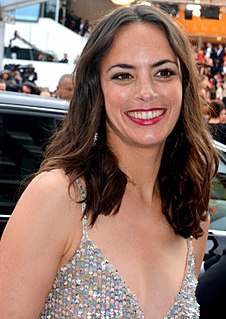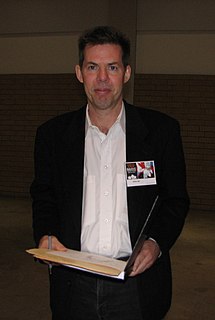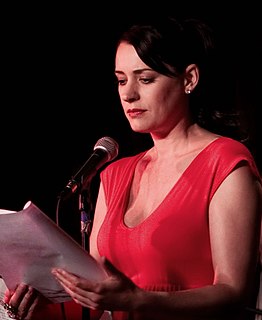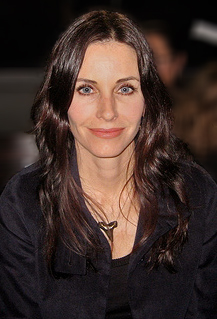A Quote by Linda Ronstadt
American radio from the '30s through the '60s was just fabulous. There was such a diversity.
Related Quotes
I never thought about how I didn't have a cell phone or I'm in 2011. I was just so happy to be able to be a character in the 30s and there are these actresses that I really liked in the 40s, 50s and 60s in American movies that I've seen since I was a little girl. But you don't really think like that when you prepare for a role.
I remember I was walking through a store, and I saw clothes a 25-year-old would wear. And the conversation in my head was, 'I'm not young and fabulous anymore.' But, immediately, there was a voice that said, 'No, you can be older and fabulous.' In other words, still just as fabulous, but in a different way.
In the 1920s and 30s, when Radio Shack was young, a much earlier generation of nerds swarmed into these tiny shops to talk excitedly about building radios and other transmission devices. You might say that Radio Shack helped define gadget culture for four generations, from radio whizzes up to smartphone dorks.
Although, from the point of view of sociology, the overt ambition of 'American Pastoral' - to imagine the impact on a good man of America's fall from the family decencies of the '30s and '40s to the self-centred violence of the '60s - outstrips anything Sabbath's Theater attempts, the writing is no less fervid an excurse into the writer's mind.
In the mid-'60s, AM radio, pop radio, was just this incredible thing that played all kinds of music... You could hear Frank Sinatra right into the Yardbirds. The Beatles into Dean Martin. It was this amazing thing, and I miss it, in a way, because music has become so compartmentalized now, but in those days, it was all right in one spot.

































